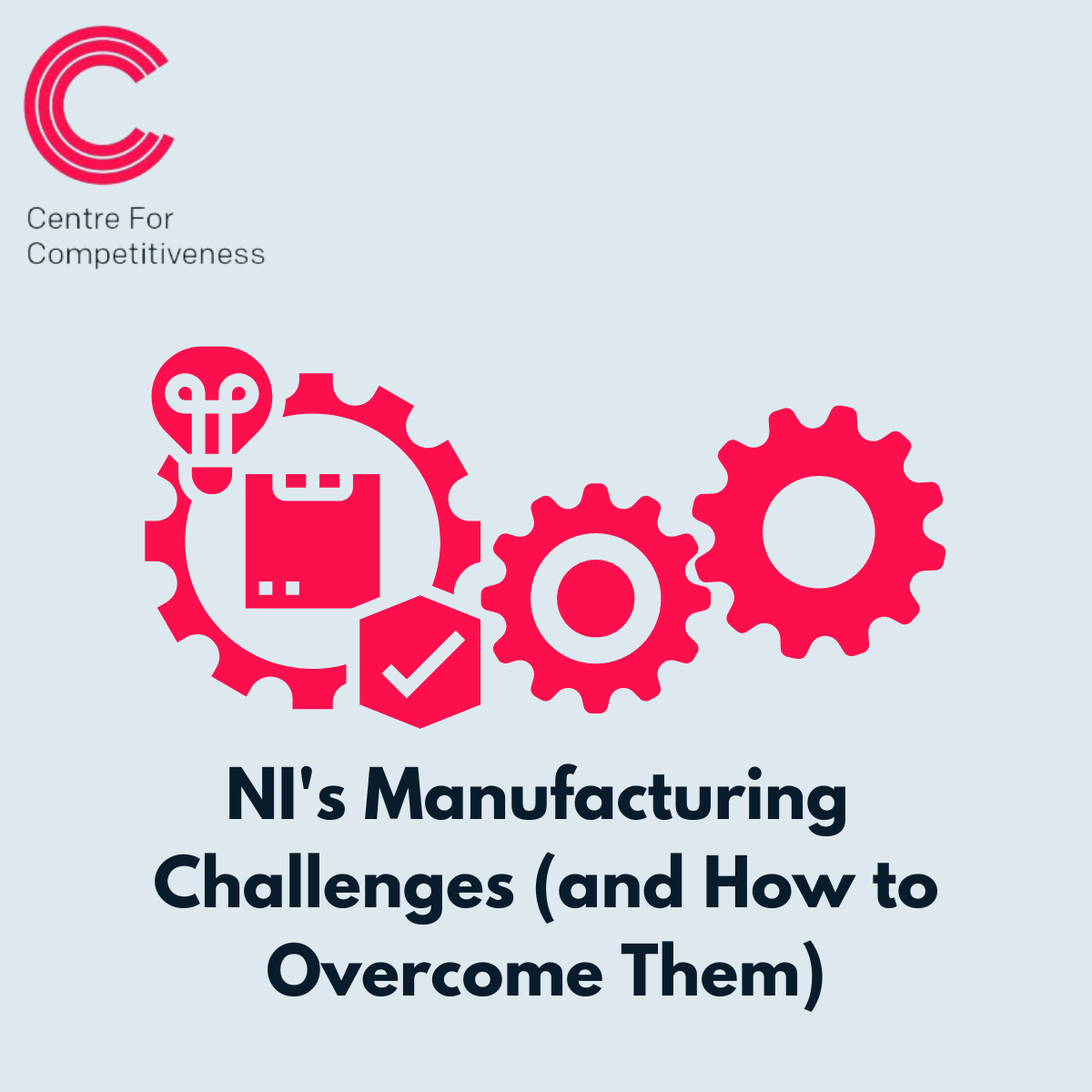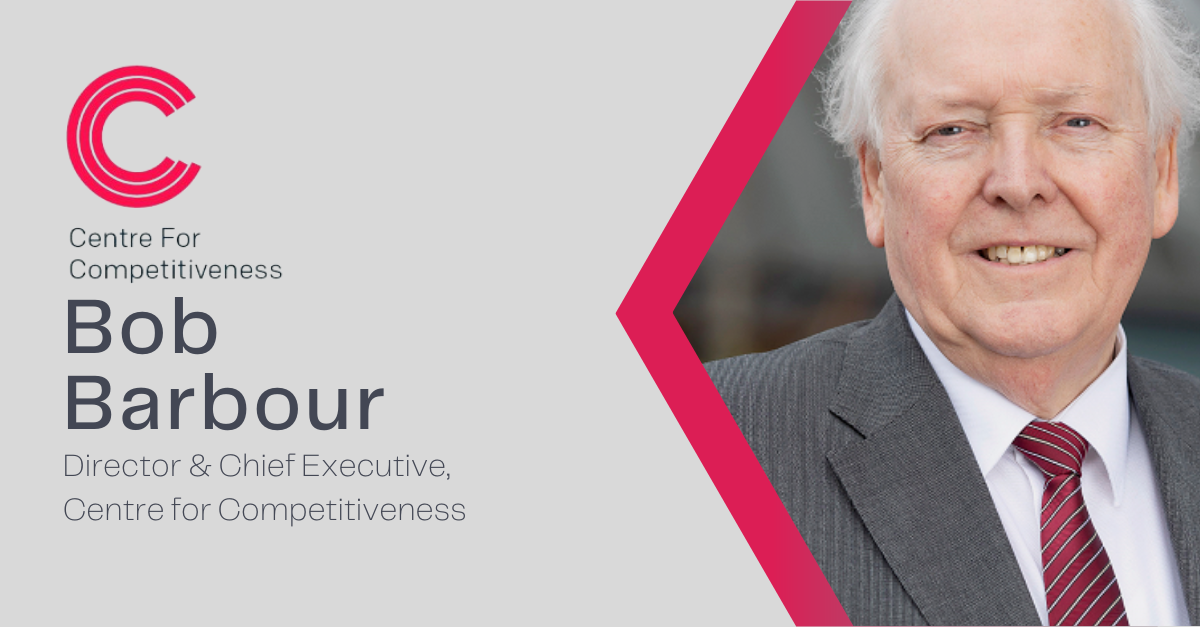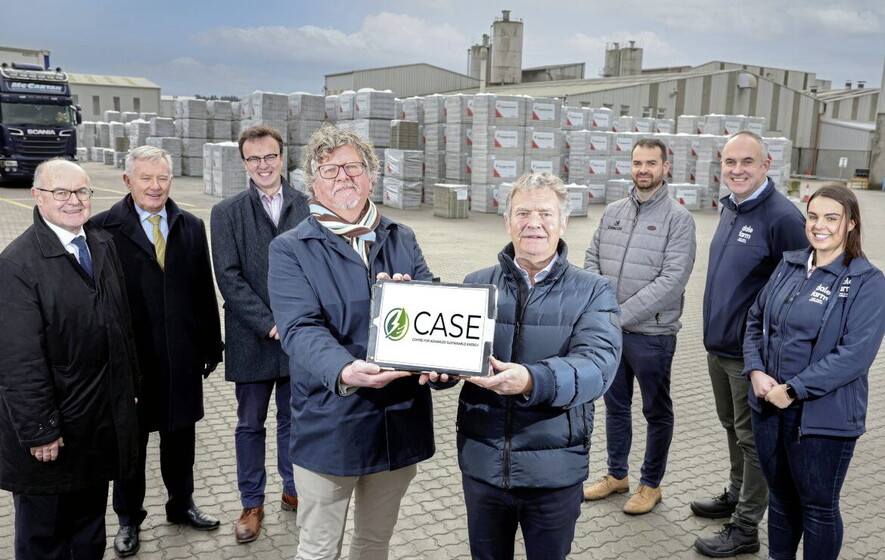Key Challenges for NI's Manufacturing Sector in 2022 and beyond (and How to Overcome Them)
With on-going supply chain issues, rising costs of energy and raw materials, shortage of skilled labour, and new technologies driving the need for digitalisation and automation, NI’s manufacturing sector is under pressure to adapt quickly to survive and grow. We look at some of the key issues facing manufacturing in NI today and how to overcome them.
Impact of Disruptions on Supply Chain
Many businesses are still feeling the lasting impact that the COVID-19 Pandemic has had on Supply Chains. Meanwhile the transition period for the UK leaving the EU ended on 31 December 2020 and many businesses in NI are still grappling with what this means for their supply chains. Geopolitical issues have added further disruptions which have affected domestic and global supply chains. These disruptions have highlighted the need for robust and resilient Supply Chain processes and skills which are integrated into the day-to-day management systems rather than treated as an afterthought.
Solution: CforC has been helping organizations across different sectors assess their Supply Chain processes and help them develop a roadmap to improve them with a view to increasing efficiencies and gaining competitive advantage.
Skilled labour shortage
Employers in Northern Ireland are currently facing a skills gap, which is hindering growth and increasing business costs. Not only is availability of labour an issue, but there is an increasingly widening gap between the skills available and the skills needed to facilitate the adoption of solutions such as Digitalization and Automation. While these provide a solution, one of the challenges facing industry is understanding where the real opportunities lie in adopting new technologies: Are we ready to adopt them? Where would we benefit most? What is the right technology for us?
Solution: CforC has provided many organizations with tools and training programmes to help upskill the workforce through Management training, tailored shop floor training and project mentoring programmes. We can also help you assess your readiness for adopting new technologies and prepare a roadmap for digitalizing your operations.
Rising costs of energy
Manufacturing businesses are being hit particularly hard by the current energy crisis. This is due to the proportion energy makes of their total cost, and while larger companies might be in a better position to cope with the sharp increase in energy bills, SME’s may struggle to remain profitable.
Solution: Your business could offset higher energy costs by looking into alternative energy sources and assessing your current operations to understand where efficiencies could be gained. Through our sister company Smart Grid Ireland, we have been supporting large organizations and SME’s alike in developing projects to help them reduce energy costs and contribute towards their Net Zero targets
Net Zero/Decarbonization Strategy
Manufacturing organizations are facing major challenges as they develop and deploy a strategy to Decarbonize their Operations and their Supply Chain. It is fast becoming an area where competitive advantage will be gained or lost as companies look for innovative ways to achieve their Net Zero targets.
Solution: We can provide you with advice and expert support on how to start your decarbonisation journey, measure your current carbon footprint, leverage your current activities to support Decarbonization, and define your Net Zero strategy and roadmap. We can help your business reduce waste, use your resources more effectively, helping you to save money while contributing to reducing your carbon footprint.




